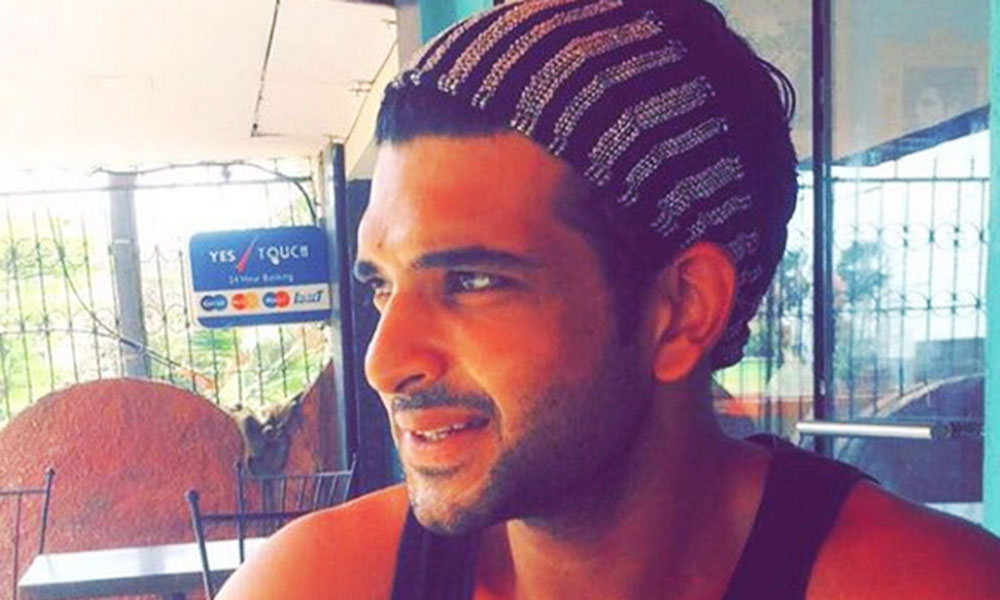Examination time is a crucial time when all students need to perform their best. And memory is one aspect which they need to work upon, more than ever and anything else.
Sometimes, even if the best of the students have learnt something correctly, they are not able to recall it while sitting at the examination table. This situation is due to many reasons and the primary reasons that work for a poor memory are retention and stress. Though there are systematic revision methods and stress management techniques to overcome these issues. Yet, a little extra is needed to help in critical times. Maybe something magical.
Here are 7 magical tips, techniques and measures to help the students to improve your memory effectively and shine through the examination periods.
- The Chunking Strategy Works Wonders
This is oldest memorising technique used by professional mathematicians. In this method, the items to be memorized are divided into small and easily memorizable chunks or groups. This method works best when the order of the items is not important. Also, this a super technique to remember the multidigit numbers, complex calculations and complicated spellings.
Here is how it is done:
The number 123345567 may be memorized easily if it is grouped as 123, 345,567 or as 12, 33, 45,567.
These chunks may then be learned by rote. Learning and retention are much facilitated if you further explore the numbers by finding some relationship among these different chunks. Finding the digital root will also be helpful. The more explorations or relations you do, the better.
The same goes for the spellings. Just for example “Psychology” can be learned easily by dividing in psy, cho, logy. Words like mathematics may be divided into mat +he +mat +ics, Together may be divided into to + get + her; Important may be divided into im + port + ant. This technique will make you learn much faster.
- Rhyming The Words Is Creative And Effective
This is also one of the popular and oldest methods in memorization. We have a natural tendency to remember the things and words that rhyme. And this is what is used in this technique. Here is an example of application of this technique which almost all school students are familiar with.
“Thirty days have September
April, June and November
All the rest have thirty-one
February has twenty-eight alone
Except in leap year, then the time
When Febs days are twenty-nine.”
If possible create rhymes like this and it will not only aid in improving your memory, but in improving your creativity as well.
- Mediation Or Bridging Helps To Connect To The Thought
This technique is applied by abridging the items given to be memorized, or connecting them with a thought. This technique is best suited for learning material involving word pairs or material that can be reduced to word pairs. An example often cited by memory experts is the learning of the capital of Poland. The capital of Poland is Warsaw. World War II started with Germany’s attack on Poland. Thus, it may be arranged as Poland SAW War first. Here, the word pair to be connected together is Poland and Warsaw. The additional information of the World War II is used as a bridge or mediator in bringing these two words together.
- A Recital Right Before Going To The Bed
This is one of the most effective techniques for students preparing for exams. Right before going to bed, they can recite loudly. At this time, the mind in the process of sleeping and hence in a winding up mode. Thus, it would then arrange the information in a systematic and effective way while you are sleeping. Psychologists have also found that if you sleep after thinking about your problems there is a better chance that you arrive at a solution the next day. So you see, it works.
Apart from these techniques, there are a few measures you need to take to improve on your memory.
- Stay Mentally Active And Socialize
Just as physical activity helps keep your body in shape, mentally stimulating activities help keep your brain in shape and sharpen the memory. If you wish to work on your memory power, you must indulge in crossword puzzles. Read an informative section of the newspaper that you normally skip. Take alternate routes when driving. Learn to play a musical instrument. These things will stimulate your brain to a great extent. Also, social interaction helps ward off depression and stress, both of which can contribute to memory loss. Volunteer at a local school or community organization. Look for opportunities to get together with loved ones, friends and others — especially if you live alone.
- Sleep Well And Give Your Mind Opportunities To Relax
Sleep plays an important role in helping you consolidate your memory. Whatever goes to the brain, is arranged in the compartments so that it can be recalled when needed. Make getting enough sleep a priority, especially in examination days. You need at least 8 hours of sleep in a 24 hour routine.
- Eat a healthy diet And Exercise Regularly
There are fruits and foods that work on your memory power. Whole grains are a great source of memory boosting ingredients. For greater memory, choose low-fat protein sources, such as fish, lean meat and skinless poultry. What you drink counts, too. Not enough water or too much alcohol can lead to confusion and memory loss. Also, physical activity increases blood flow to your whole body, including your brain. This might help keep your memory sharp. Try to get involved in a 25-30 minutes aerobic activity, including 15 minutes of rigorous workout, every day, during exams. If you don’t have time for a full workout, given the exam preparation, squeeze in a few 10-minute walk.
We hope these techniques will help you to build on your memory while you are struggling through your exam days, and you will come out happier, performing well.





